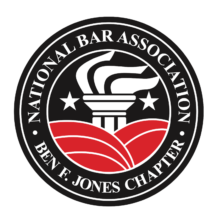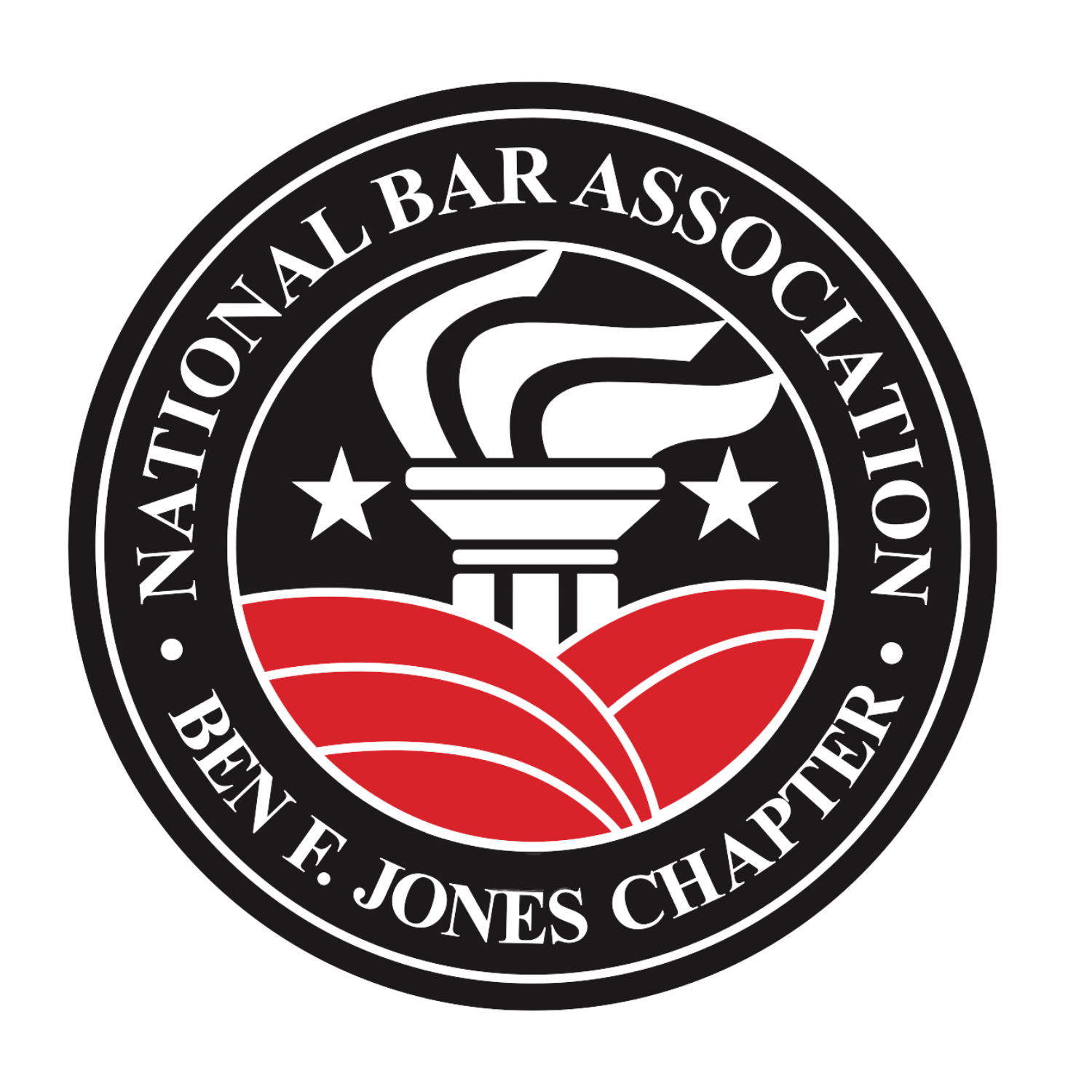Founders
The Ben F. Jones Chapter of the National Bar Association was by no means built in a day. It was not built by single person or even a single group of people. In fact, there are dozens of noteworthy individuals and several generations to whom our existence must be fairly attributed. However, to the extent there was a single seed from which the Ben F. Jones Chapter would gradually emerge, we trace our roots back to a group of lawyers now collectively known as “The First Five.” While the chapter’s official formation would postdate the First Five to some degree, these few trailblazers unwittingly set the stage for the organization that we know today.
REV. JAMES FRANK ESTES
J.F. Estes hailed from Jackson, TN and obtained his license to practice law in approximately 1948. He was very visible on the legal front of the civil rights movement and was heavily involved in the ongoing criminal defense of civil rights demonstrators. He became known as the founder of “Tent City” – a makeshift refuge for black farmers in Fayette County who were evicted by white landowners for registering to vote. Estes was instrumental in many voter registration drives throughout rural areas of west Tennessee – particularly in Fayette County. Estes more than once made the 22 hour drive to Washington, D.C. in order to speak directly to John Doar of the U.S. Department of Justice’s Civil Rights Division, requesting legal action to enforce desegregation and anti-Jim Crow laws. In 1967, Estes died after a brief illness at the early age of 47.
HON. REV. DR. BENJAMIN L. HOOKS
Benjamin Lawson Hooks graduated from DePaul University College of Law and became an attorney and an ordained Baptist minister. He is revered for his unparalleled 15 years of service as Executive Director of the NAACP, beginning in 1977. Prior to that, he was a Criminal Court Judge in Shelby County and the first black member of the Federal Communications Commission. On November 5, 2007, Hooks was awarded the Presidential Medal of Freedom.
BENJAMIN F. JONES
Ben Jones maintained a diverse law practice from 1949 until his untimely death in 1966. He assisted H.T. Lockard, Ben Hooks, and A.A. Latting with several local civil rights cases and contributed to the criminal defense of many victims of Jim Crow.
HON. H.T. LOCKARD
Born in Lauderdale County, TN in 1920 and licensed to practice law in 1951, Judge H.T. Lockard helped pave the way for black politicians to come when he was elected to the old Shelby County Court (now the Shelby County Commission) in 1964. He also was a Shelby County Criminal Court Judge from 1975 until his retirement in 1994. As a lawyer during the 1950s and 1960s, he was involved in cases that challenged segregation in education, recreation, and transportation.
HON. SHEPPERSON A. WILBUN, SR.
S.A. Wilbun was born in 1924. He attended Howard Law School, received his law license in 1955, and quickly moved his practice from Arkansas to Memphis. His distinguished career is adorned with many firsts, including his appointments as the first black Assistant City Attorney in 1964 and the first black City Court Judge in 1973. He then became a Shelby County Circuit Court Judge and served in that capacity for twelve years before retiring. Wilbun died in 1991 at age 67.
Following the informal study sessions of the First Five were more organized alliances of other charismatic African American attorneys who were equally integral in the development of the Ben F. Jones Chapter. These individuals included Russell Sugarmon, Sr.; A.W. Willis; Arthur Bennett; James Swearengen; Ira Murphy; Johnny Johnson, and several other local lawyers who shared the common goal of fighting for civil rights through the legal system and demanding well-deserved respect for the African American bar.


